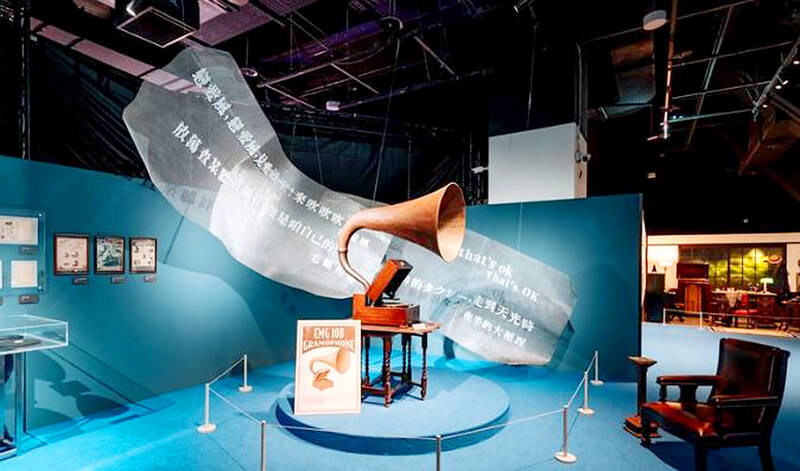Curriculum review: History doesn't need more revolutions
History has always been a contested subject in schools. It almost certainly has the most column inches written about it, often lambasting the fact that a particular commentator’s chosen area of interest is not named in the curriculum.
The fact of the matter is that, since 1995, the national curriculum for history has been very thin on detail, leaving history teachers and leaders with a great deal of freedom to choose what to teach.
At key stage 3, history teachers have typically thrived on these freedoms. Extensive published literature captures the rich discussions that teachers have about curriculum design.
Up to 2014, these debates were somewhat constrained by the assessment system built into the national curriculum. However, we have now had a decade without that in place and curriculum discussions have gone from strength to strength.
There is therefore a strong case for not making radical changes to the status quo. While some wordings may need changing, fundamentally the current curriculum model is allowing teachers to thrive.
This may not be quite as true at key stage 2. However, in recent years local authorities, trusts and primary schools have made big steps forward in provision. I certainly do not think the current curriculum has stopped that from happening.
Which is not to say things are perfect. There are longstanding issues the curriculum and assessment review could focus on.
One of these is content repetition. It would not be unusual, for example, for students to study ‘the Tudors’ or ‘the First World War’ in primary school, in key stage 3, at GCSE and then potentially again at A-level.
Another issue is time allocation: some children might get two hours a week for three years in secondary school, while others might get one hour a week for two years. Others might suffer a carousel, or a humanities model.
However, the only way to resolve these issues within the national curriculum would be more specificity and compulsion.
For example, we could resolve a lot of issues with key stage 2 to key stage 3 transition by stipulating that schools have to study the same bits of history at the same time, but there are numerous negative consequences that flow from greater prescription, and I certainly do not think there is any appetite for this.
At most, the Francis review could make a light-touch recommendation for local schools to work more closely together on planning their curriculum offer as a whole.
Having said all that, it is widely recognised – as captured in numerous surveys by bodies such as the Historical Association – that the GCSE is over-crowded.
This problem arose from changes introduced in 2016 which merged the longstanding ‘Schools History Project’ and ‘Modern World’ courses. This was supposed to create a broader curriculum, but in practice the majority of children are still studying the same handful of periods, often ones they have previously studied at key stage 3, such as the Norman conquest or the Nazi regime.
To improve the quality of the GCSE, there is a strong case for adding a compulsory modern British depth study. We are now a quarter of the way through the twenty-first century, and an excessive focus on the first half of the twentieth century is crowding out opportunities to focus on the last eighty years.
GCSE is also where we still see the remnants of ‘source analysis’ questions that ask students to make (typically) superficial comments on sources about which they know very little. There is a real opportunity to bring GCSE in line with the better practice we tend to see at key stage 3.
There is nothing to stop exam boards making such changes under the current regulations, but even the bravest of them will not risk losing market share. A nudge from the DfE is probably needed.
You can insert cliches here about babies and bathwater: history is not in a bad state and teachers have a lot of freedoms already to drive improvements.
This is a part of the curriculum where the review is best advised to be true to its promise of ‘evolution, not revolution’.













